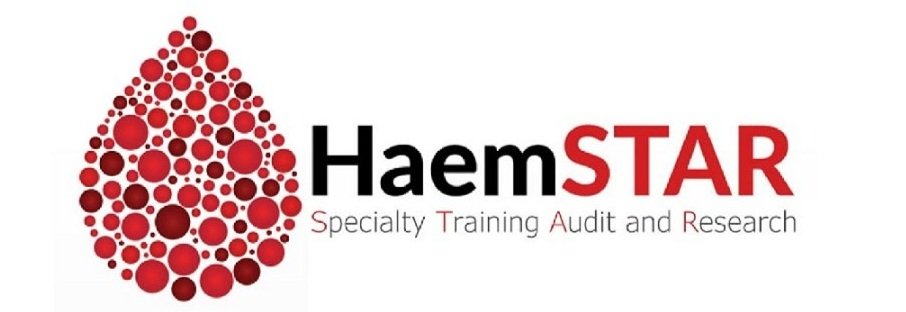Projects in development
The following projects are currently in development. If you would like to be involved in the planning stages or join the mailing list for a specific project, please email the project lead to express your interest.
AudHIT
Heparin-induced thrombocytopenia (HIT) complicates 1-3% of cardiac surgery and also occurs in other unwell patients who have receieved heparin. It increases the risk of thrombosis after cardiac surgery from 3 to 30% and quadruples the risk of death. AudHIT is a UK-wide audit of the diagnosis and management of HIT and suspected HIT. A local pilot audit of 50 patients with suspected HIT in the Midlands was conducted in 2024 finding poor adherence to guidelines. There is an urgent need to assess national practice in order to develop interventions that can improve diagnosis and outcomes in this dangerous disease. We plan to collect data in Autumn 2025.
HaemSTAR project lead: Richard Buka | Email
TXA for HMB in acute VTE
Tranexamic acid is an effective antifibrinolytic drug that can reduce heavy menstrual bleeding. Despite excellent safety data showing negligible increased risk of thrombosis across millions of patient years, its use in women with heavy menstrual bleeding who have a recent venous thromboembolic event remains controversial. The goal of this project is to 1) survey clinicians to understand current practice, 2) gather observational data, and 3) work towards a pilot Randomised Control Trial.
HaemSTAR project lead: Eman Hassan | Email
Patient-led research in sickle cell disease
We have formed a working group to develop project ideas in sickle cell disease based on patient-involvement. We hope that this will lead to high quality research that can impact patient management in a meaningful way.
HaemSTAR project lead: Christina Crossette-Thambiah | Email
Venesection for idiopathic and secondary erythrocytosis
The evidence for meaningful benefit of venesection in patients with idiopathic and secondary erythrocytosis is extremely scanty. We understand that practice is highly heterogeneous with some clinicians advocating venesection to maintain haematocrit <0.55 for example, and others not venesecting at all. We aim to 1) understand the variations in practice and the reasons for this, 2) gather retrospective, observational data on the outcomes of patients who are venesected vs not venesected, and 3) work towards a randomised controlled trial.
HaemSTAR project lead: Pip Nicolson | Email
